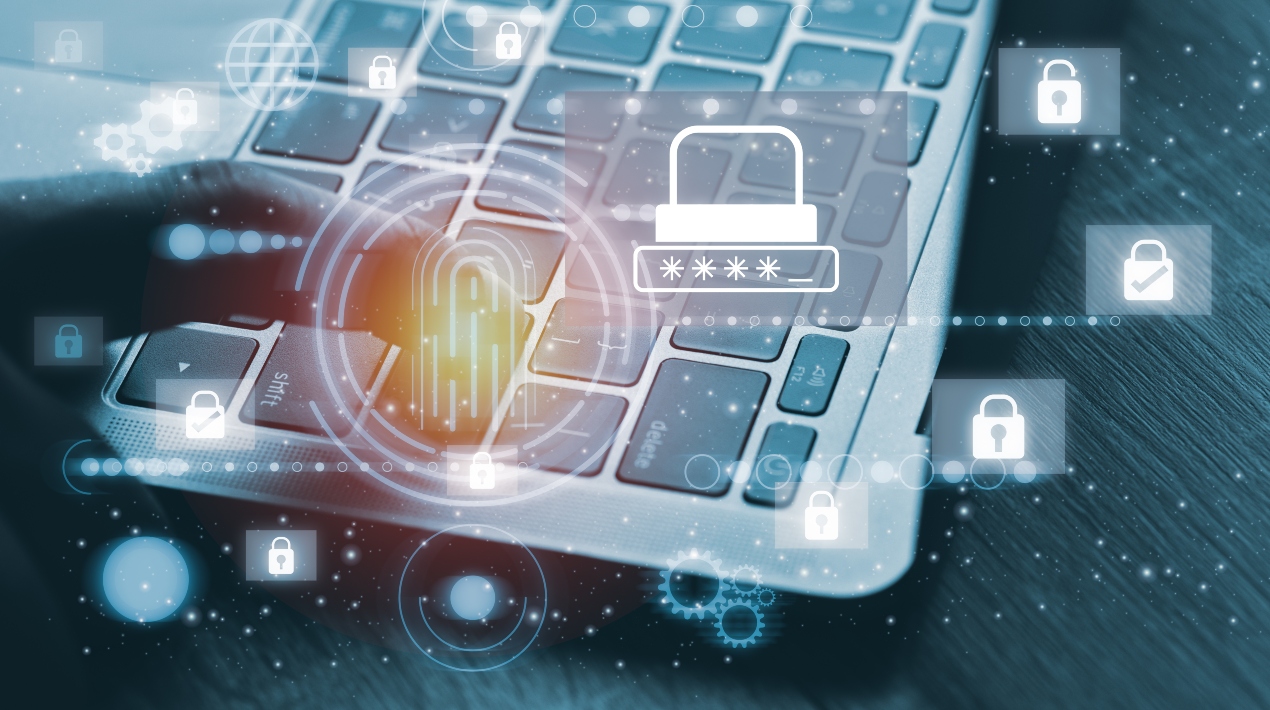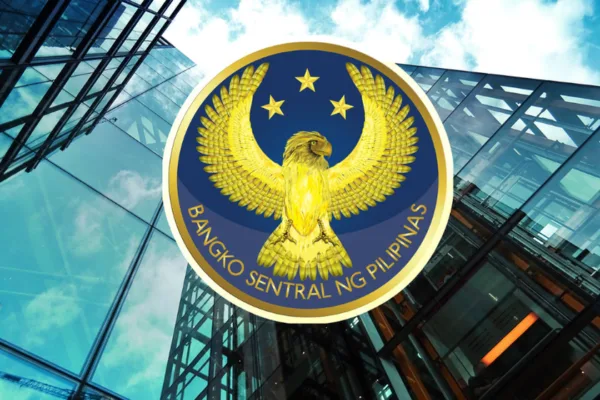by Jan Michael Carpo, Reporter
Despite the development of various cybersecurity measures this past year, several organizations in the Asia Pacific region (the Philippines included) are still anticipating successful cyber attacks this year. The threat landscape has grown so much as an issue that 82 per cent of those surveyed recently by Trend Micro Incorporated, a cybersecurity firm, expect to be victims of cyber criminals this 2024.
The Canadian government knows this only too well, that’s why it has expressed willingness to assist the country in addressing cybersecurity risks. It also noted that the Philippines may be considered as “patient zero” — the first to become infected in case of an outbreak — when it comes to cybersecurity attacks.

IMAGE CREDIT: https://opengovasia.com/
“Like-minded countries must work together to build a resilient and adaptable cyber workforce for the future — indeed, one that’s trained and ready for whatever the future may hold. This is because emerging technologies like artificial intelligence and quantum computing now pose a greater threat to us compared to a year ago,” said David Hartman, Canadian Ambassador to the Philippines, in a speech delivered during a recent cybersecurity conference the Canadian Embassy and Stratbase Institute jointly hosted in Makati.
The event also served as the country’s first major cybersecurity conference for the year.
“With this in mind, my friends, Canada is willing to collaborate with the Philippines in order to develop this capacity,” Hartman further stated while highlighting the Canadian government’s commitment to working with the Philippine government in helping address cyber security threats and creating a resilient and adaptable digital workforce for the future.
Collaborating globally to combat cybersecurity threats
Sami Khoury, head of the Canadian Center for Cyber Security, emphasized the importance of international collaboration in combating cybersecurity threats. According to him, the cyber threat actors don’t merely stop in Canada or the Philippines because they have no intention of leaving the country.
“I am honored to be in the Philippines today,” he began. “We are eager to collaborate globally in the field of cybersecurity. Cyberspace has no bounds. (We need to know) how to collaborate, how to share, how to learn from each other, and how to turn each other into a cyber early warning system — you might be patient zero if you notice something here — and how to draw lessons from that patient zero so we can thwart threats elsewhere.”
“Building that global cyber team and defending our society are the main priorities,” he further stated.
For his part, RP Manhit, the COO of Stratbase Institute, said that enhancing the Philippine cyber landscape requires a comprehensive approach involving the entire society to raise awareness of potential dangers and threats and to draw attention to the growth opportunities.
“We are only as powerful as the weakest member of our team,” shared Manhit. “Let’s collaborate to build a stronger cyber environment in the Philippines by investing in technology and human resources, by enacting and enforcing good regulatory frameworks, and by collaborating with like-minded partners.”
Manhit also went on to say that to attract more foreign investments, the country needs to have a cyber-resilient culture.
“Safe and secure cybersecurity tactics combined with a flourishing digital economy give the Philippines a competitive edge in luring and retaining investors,” he said. “Cybersecurity concerns may have an impact on how companies operate in a variety of industries as well as the growth of the national economy.”
Strengthening cyber cooperation towards digital security
Budget Secretary Amenah Pangandaman, who was also present during the event, said that collaboration between two like-minded countries is essential, particularly in the areas of digitalization and economic development.
“As the event’s title implies, we must strengthen cyber cooperation toward digital security in today’s fast-paced, contemporary, and interconnected world,” she remarked. “And given the incredible involvement from people from all walks of life, including those from around the world, I think this conference today is a powerful statement to our dedication to accomplishing just that.”
Pangandaman further stated that as DBM moves towards digitization, cybersecurity continues to be their top priority.
“Our ICT Group has devoted 20.92 per cent of the Department’s ICT budget to cybersecurity projects, which is significantly higher than the globally recommended standard of 10 per cent based on the report released by the Financial Services Information Sharing and Analysis Center, the only global information-sharing community exclusively dedicated to financial services, and the Deloitte Center for Financial Services,” the spokesperson stated.
Attendees at the two-day cybersecurity conference included important figures from the public and the private sectors, as well as experts from academia and civil society organizations. They exchanged ideas and looked at creative ways to protect digital security and combat cyber threats.







